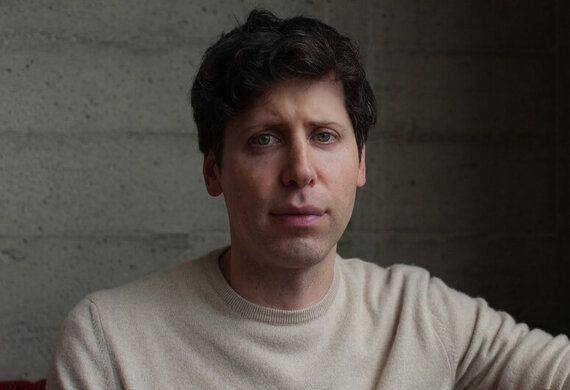Global Publishers in India have Filed a New Copyright Lawsuit against OpenAI
By Global Leaders Insights Team | Jan 25, 2025

Indian book publishers and their foreign counterparts have filed a copyright lawsuit against OpenAI in New Delhi. This is the most recent in a string of international lawsuits aimed at preventing the ChatGPT chatbot from accessing proprietary content.
Authors, media organizations, and musicians are suing tech companies worldwide for allegedly using their copyrighted works to train AI systems. They want the content used to train the chatbot removed.
The Federation of Indian Publishers, based in New Delhi, informed Reuters that it had brought a case before the Delhi High Court, which is currently considering a related case against OpenAI.
All of the federation's members, including publishers Bloomsbury, Penguin Random House, Cambridge University Press, and Pan Macmillan, as well as Rupa Publications and S. Chand and Co. of India, were represented in the case, it stated.
In an interview regarding the lawsuit, which relates to the book summaries produced by the ChatGPT tool, Pranav Gupta, the general secretary of the federation, stated, "We ask the court to stop (OpenAI) accessing our copyright content."
"They should remove datasets used in AI training and clarify how we will be paid if they choose not to work with us on licensing. Creativity is affected by this," he continued.
A request for comment on the claims and the lawsuit, which was filed in December but is being reported here for the first time, was not answered by OpenAI. It has consistently refuted these claims, claiming that its AI systems use openly accessible data fairly.
With the release of ChatGPT in November 2022, OpenAI sparked a flurry of investment, consumer, and corporate interest in generative AI. It raised $6.6 billion last year and wants to lead the AI race.
The group of Indian book publishers wants to join the nation's most well-known legal action against Microsoft-backed OpenAI, which is being brought by Indian news agency ANI.
"These cases mark a turning point and have the potential to influence India's future AI legal framework. The ruling rendered here will put to the test the harmony between advancing technology and safeguarding intellectual property," said Mumbai-based attorney Siddharth Chandrashekhar.
In comments published by Reuters this week, OpenAI responded to the ANI case by stating that any order to remove training data would violate the company's legal obligations in the United States and that Indian judges are not qualified to hear a copyright case against the company because its servers are located overseas.
According to the federation, since OpenAI provides services in India, its operations ought to be governed by Indian law.
In a statement, Reuters, which owns 26% of ANI, stated that it has no involvement in the company's operations or business practices.
Last year, OpenAI made its first hire in India when it hired Pragya Misra, a former WhatsApp executive, to manage partnerships and public policy in the 1.4 billion-person nation, where millions of new users are joining the internet as a result of low mobile data costs.
.jpg)



